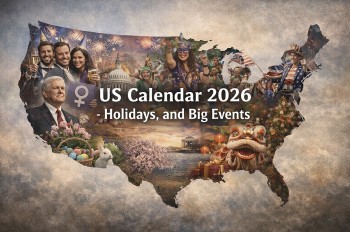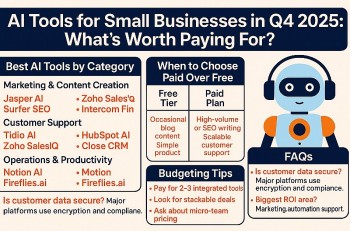Do Children Born in the U.S. Still Get Citizenship After the Supreme Court's Ruling?
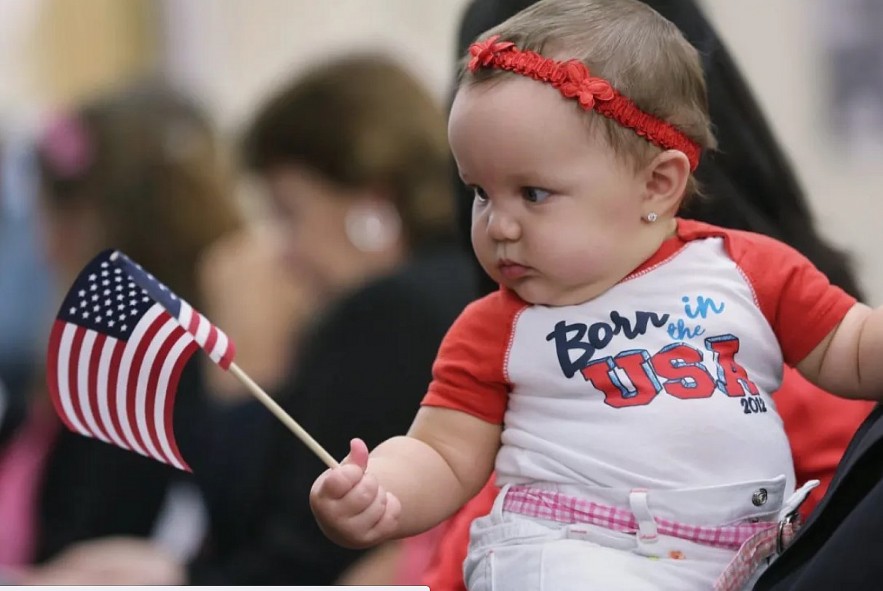 |
| Supreme Court Limits Lower Courts’ Power to Block Trump’s Birthright Citizenship Order |
The ruling has sparked widespread uncertainty among immigrant families, legal experts, and advocacy groups. Central to the discussion is one urgent question: Do children born in the U.S. still automatically receive U.S. citizenship?
In this in-depth guide, we explain what the ruling means, how it affects families depending on immigration status and location, and what might come next.
The Short Answer
Yes, children born in the U.S. are still granted citizenship under current law, but the recent Supreme Court ruling opens the door for significant exceptions, depending on where the child is born and the legal status of the parents.
Read more: What Did the Supreme Court Decide on Trump’s Birthright Citizenship Order?
What Exactly Did the Supreme Court Decide?
In a 6-3 ruling, the Supreme Court limited the ability of federal district courts to issue nationwide injunctions. The decision stemmed from litigation surrounding Executive Order 14160, signed by President Trump on January 20, 2025. The order aims to deny automatic U.S. citizenship to children born on American soil to undocumented immigrants or those on temporary visas.
Before the ruling, several federal judges had blocked the order from taking effect across the country. The Supreme Court's decision struck down these nationwide blocks, stating that federal judges can only grant injunctions to cover those directly involved in a lawsuit.
The outcome? Trump’s order can now take effect in states that haven’t challenged it in court.
What This Means for Birthright Citizenship
The U.S. Constitution’s 14th Amendment guarantees citizenship to "all persons born or naturalized in the United States." For over a century, this has included virtually all children born on U.S. soil—regardless of their parents' immigration status.
But Trump’s executive order challenges that interpretation. While the Supreme Court did not rule on whether the order is constitutional, it allowed for its partial implementation. Here’s what that means:
-
In states where the order is not blocked, children born to undocumented or temporarily authorized parents may not receive automatic citizenship.
-
In states with active legal challenges, current protections likely still apply—for now.
This creates a patchwork system where the rules depend on geography, not a unified national policy.
Key Questions Answered
Is birthright citizenship abolished?
No. The core constitutional protection remains in place. However, enforcement is now inconsistent across states.
Can my U.S.-born child be denied a passport?
In states enforcing the executive order, yes. If the parents are undocumented or hold temporary visas, federal agencies may deny the child a passport until the legality of the policy is resolved.
Does this affect children born before May 27, 2025?
No. The ruling and executive order are not retroactive. Citizenship granted before the ruling remains valid.
Is there still a legal challenge to the executive order itself?
Yes. Several lawsuits questioning the constitutionality of Executive Order 14160 are ongoing. Legal experts expect the issue will return to the Supreme Court within 12 to 18 months.
Why the Ruling Matters Nationally
The Supreme Court's decision sets a new precedent by limiting nationwide injunctions. This could:
-
Weaken the ability of courts to halt controversial federal actions quickly.
-
Lead to region-specific interpretations of constitutional rights.
-
Create confusion in public services, such as passport issuance and Social Security eligibility.
Legal scholars warn this may encourage future presidents to test the limits of executive power.
Reactions from Legal and Civil Rights Groups
Immigration attorneys and human rights organizations have expressed strong opposition. The ACLU stated the ruling “undermines the uniform application of constitutional protections.” Meanwhile, proponents of the order argue it helps prevent misuse of birthright citizenship and restores immigration control.
Experts say the U.S. may face an unprecedented number of children born on its soil but deemed stateless by federal agencies.
How Many Children Could Be Affected?
According to the Pew Research Center, around 275,000 children are born each year to undocumented parents in the U.S. If the order is implemented in just 15 to 20 states, tens of thousands of these children could be denied citizenship annually.
Steps Families Should Take Now
-
Speak with an immigration attorney: Laws vary by state and are rapidly evolving.
-
Keep comprehensive documentation: Proof of birth, parental identity, and residency will be key.
-
Stay informed about your state’s legal position: Some states are actively blocking the order.
-
Seek help from advocacy groups: Organizations like NILC, the ACLU, and local immigration nonprofits can provide guidance.
Legal and Policy Timeline
-
Jan 20, 2025: Trump signs Executive Order 14160.
-
Feb 2025: Federal lawsuits begin across multiple states.
-
May 27, 2025: Supreme Court limits nationwide injunctions.
-
June 2025: Federal agencies prepare localized implementation.
-
Late 2025 – 2026: Further court rulings on constitutionality expected.
Final Thoughts
The May 2025 Supreme Court decision doesn’t eliminate birthright citizenship, but it does create a volatile and uneven legal environment. With federal policies now enforceable on a state-by-state basis, families may face drastically different outcomes depending on where their child is born. As legal battles continue, families are advised to stay informed, act cautiously, and seek professional support.
Stay tuned as this complex issue continues to unfold—in courtrooms, statehouses, and homes across America.
 Which American Citizens Could Be Deported Under Trump’s Orders? Which American Citizens Could Be Deported Under Trump’s Orders? Donald Trump’s stance on immigration has consistently sparked controversy, especially due to his polarizing proposals on deportation. Among the most debated elements of his approach ... |
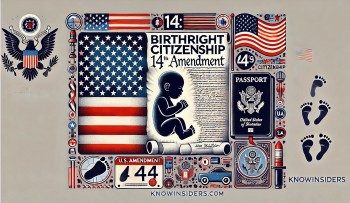 Understanding American Birthright Citizenship: History, Impact, and Controversies Understanding American Birthright Citizenship: History, Impact, and Controversies American identity is defined by birthright citizenship, despite being taken for granted. How did it begin, what does it mean, and how does it impact ... |
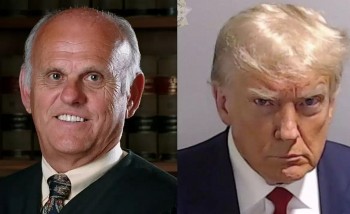 Who Is Judge John C. Coughenour — The Man Who Stood in Trump's Way on Birthright Citizenship? Who Is Judge John C. Coughenour — The Man Who Stood in Trump's Way on Birthright Citizenship? Federal Judge John C. Coughenour blocked President Trump’s attempt to limit birthright citizenship, labeling the move “blatantly unconstitutional.” Here’s a closer look at his biography, ... |
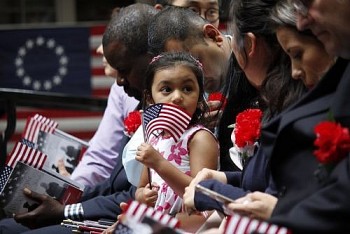 Does Birth in the U.S. Guarantee Citizenship and a Passport? Here’s What the Law Says in 2025 Does Birth in the U.S. Guarantee Citizenship and a Passport? Here’s What the Law Says in 2025 Several states are challenging President Trump’s executive order on U.S. citizenship, sparking widespread controversy. Learn how your place of birth affects your eligibility for U.S. ... |
 Trump Moves to End Birthright Citizenship for Children of Undocumented Immigrants Trump Moves to End Birthright Citizenship for Children of Undocumented Immigrants In a bold shift in U.S. immigration policy, President Donald Trump plans to issue an executive order on his first day in office to end ... |











